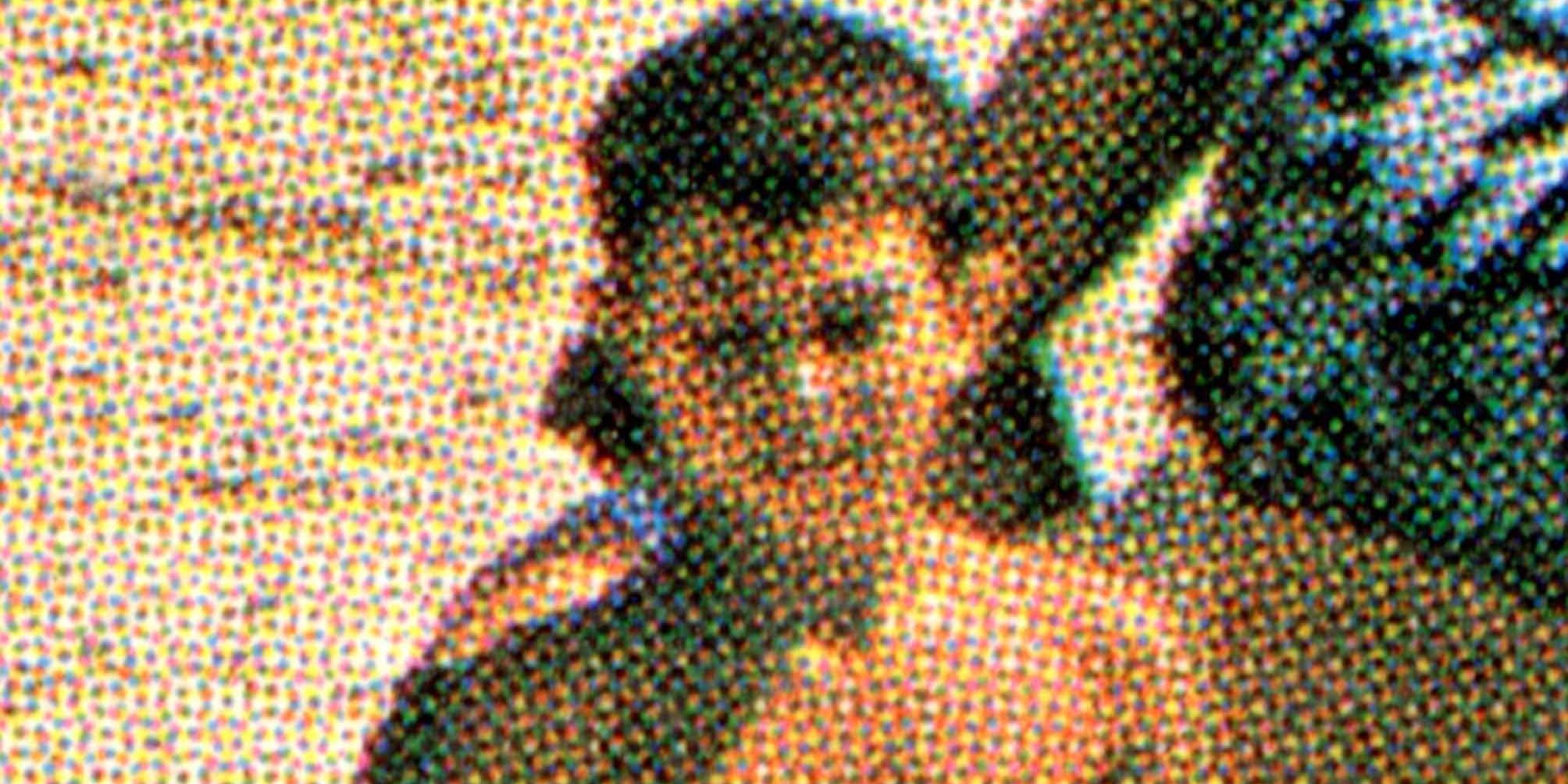Puig Farran, who covered the 1936 Landing as a war correspondent, later transitioned to commercial photography in the 1950s, documenting the same sites after they were transformed into tourist destinations. One such site, the imposing Hotel Royal Mediterráneo, was built by Jaume Moll, who thrived during Franco’s regime. The installation highlights how mass tourism obscured much of the island’s historical memory, masking a Francoist modernization effort that eroded both the physical landscape and its historical significance—including a mass grave from the war beneath the hotel.
Lluís Vecina Rufiandis (Porto Cristo, 1995), a Fine Arts graduate from the Universidad Complutense de Madrid, has worked with MACBA Museu d’Art Contemporani de Barcelona. He is also a member of Col·lectiu Recerca, a group dedicated to research and raising awareness about the Second Republic, the Spanish Civil War, and Francoist repression.
Side activity
Resistant Memories: Politics, Art and Tourism
- Date: December 19th
- Location: Exhibition Hall D and Auditori
- Free activity with prior registration for the visit (limited capacity: 25 people)
The session will be attended by Jordi Guixé, director of the European Observatory of Memories (EUROM), who has collaborated on the exhibition. Before the start of the round table, Guixé will introduce the work of EUROM, whose main objective is to promote reflection on the recent history of the struggle for democracy and freedoms in Europe, defending the plurality of memories.
AGENDA
- 19:15 h Guided visit to the exhibition “Lluís Vecina Rufiandis. Happy the Children of IntranscendentTimes” with the artist and the curator, Marta Marín-Dòmine (Exhibition Hall D)
- 20:00 h Round table Resistant Memories: Politics, Art and Tourism (Auditori)
Participants:
Margalida Capellà, PhD in International Law
Marta Marín-Dòmine, PhD in Translation and Intercultural Studies
Natxa Pomar, artist
Manel Santana, PhD in History
Moderates:
Núria Ricart, PhD in Public Space and Urban Regeneration

